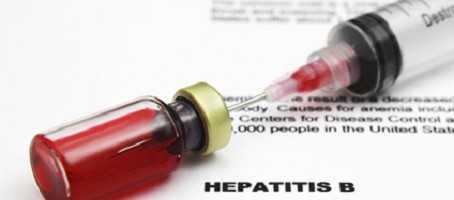Type 2 diabetes does not negatively affect the immune response to hepatitis B vaccine, an international trial suggests.
Andrew Trofa, MD, GlaxoSmithKline Biologicals and colleagues evaluated the three-dose hepatitis B vaccine in 512 adult men and women with type 2 diabetes. None of the participants had any history of hepatitis B infection or vaccination.
256 control participants were also included, with all recruits divided into eight subgroups based on age and BMI.
The researchers measured the rate of seroprotection – the protection obtained from vaccination – in participants, while also assessing the geometric mean concentration (GMC) of the vaccination one month after completing the vaccine series. This was at month seven.
At that stage, the seroprotection rate was 75.4 per cent among those with type 2 diabetes, and 82 per cent in the control group. The research team suggested the near 6.6 per cent disparity between the groups was not statistical evidence of difference in seroprotection.
While 22 serious adverse effects from the vaccine were reported in the type 2 diabetes group, 11 were also observed in the control group, with the safety profile of the vaccine again comparable in the two groups.
Age was found to have a negative impact on immune response – particularly above the age of 60 – while a gender imbalance was observed between the groups. Smoking history was also not factored into the study.
Trofa concluded the findings indicate that hepatitis B vaccine should be administered imminently following type 2 diagnosis in patients below 59, who are unvaccinated.
“In terms of clinical relevance, there’s no statistical evidence that type 2 diabetes itself reduced seroprotection to hepatitis B vaccine,” Trofa told the Annual Conference on Vaccine Research.
What's new on the forum? ⭐️
Get our free newsletters
Stay up to date with the latest news, research and breakthroughs.







